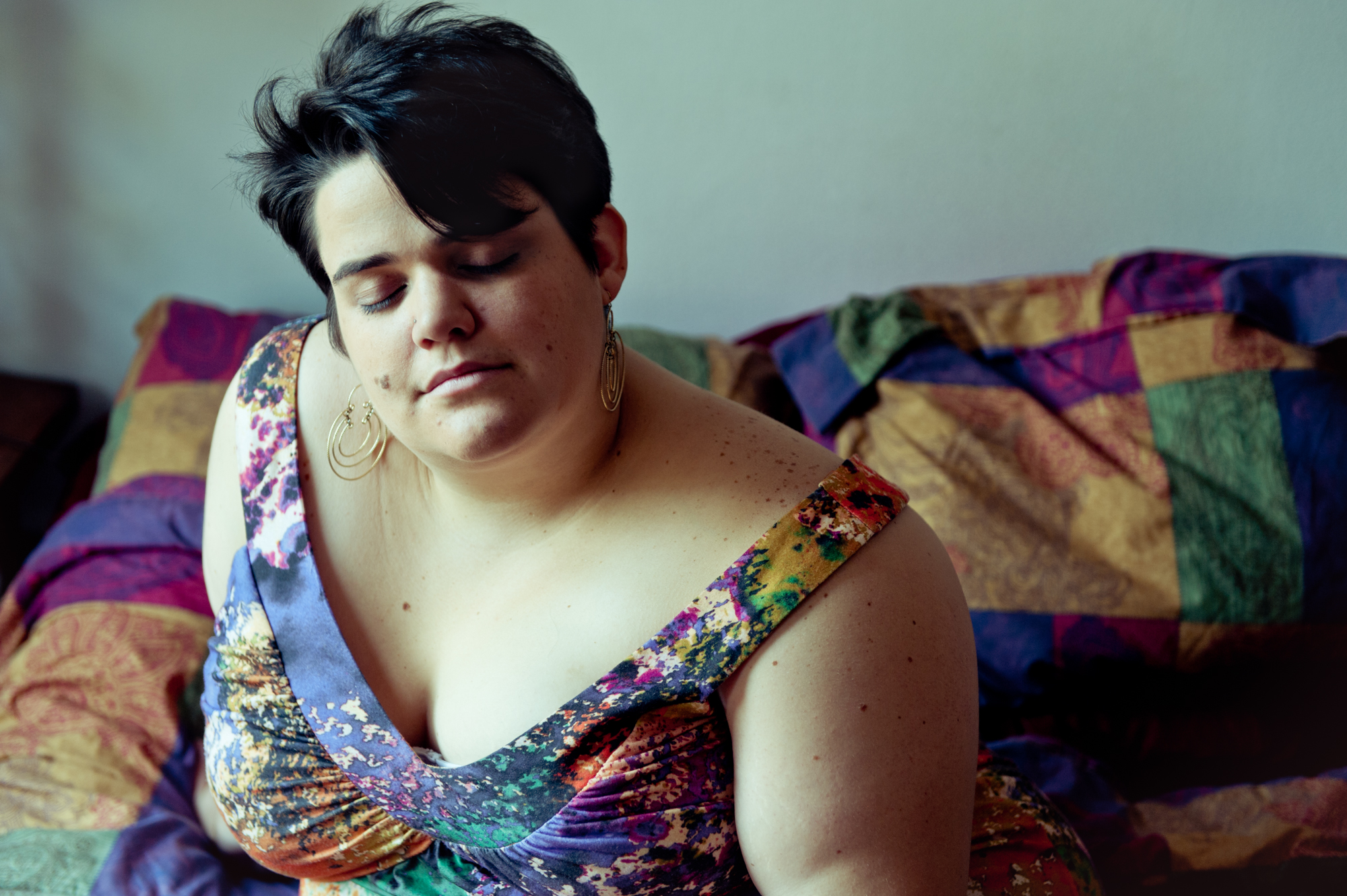
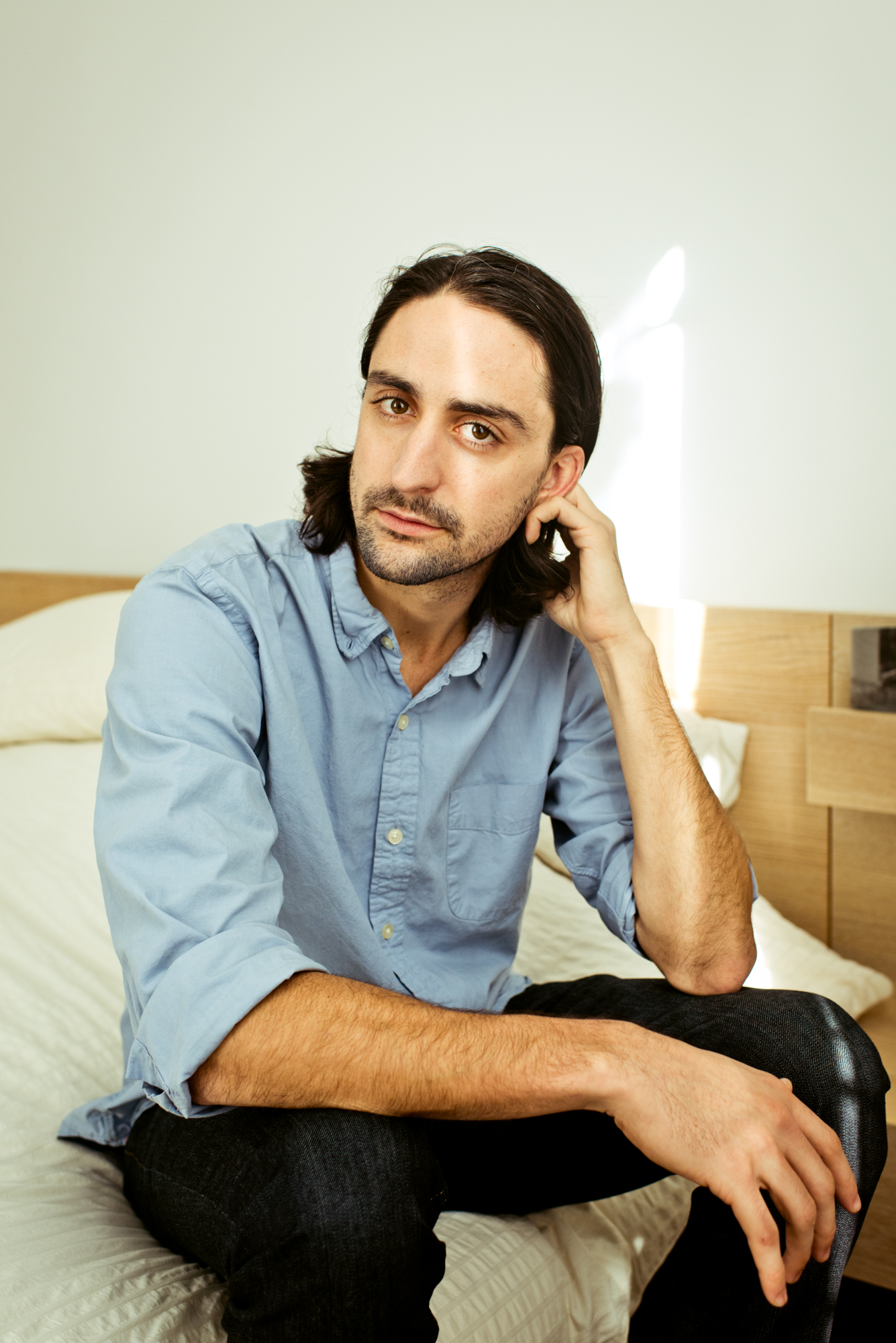

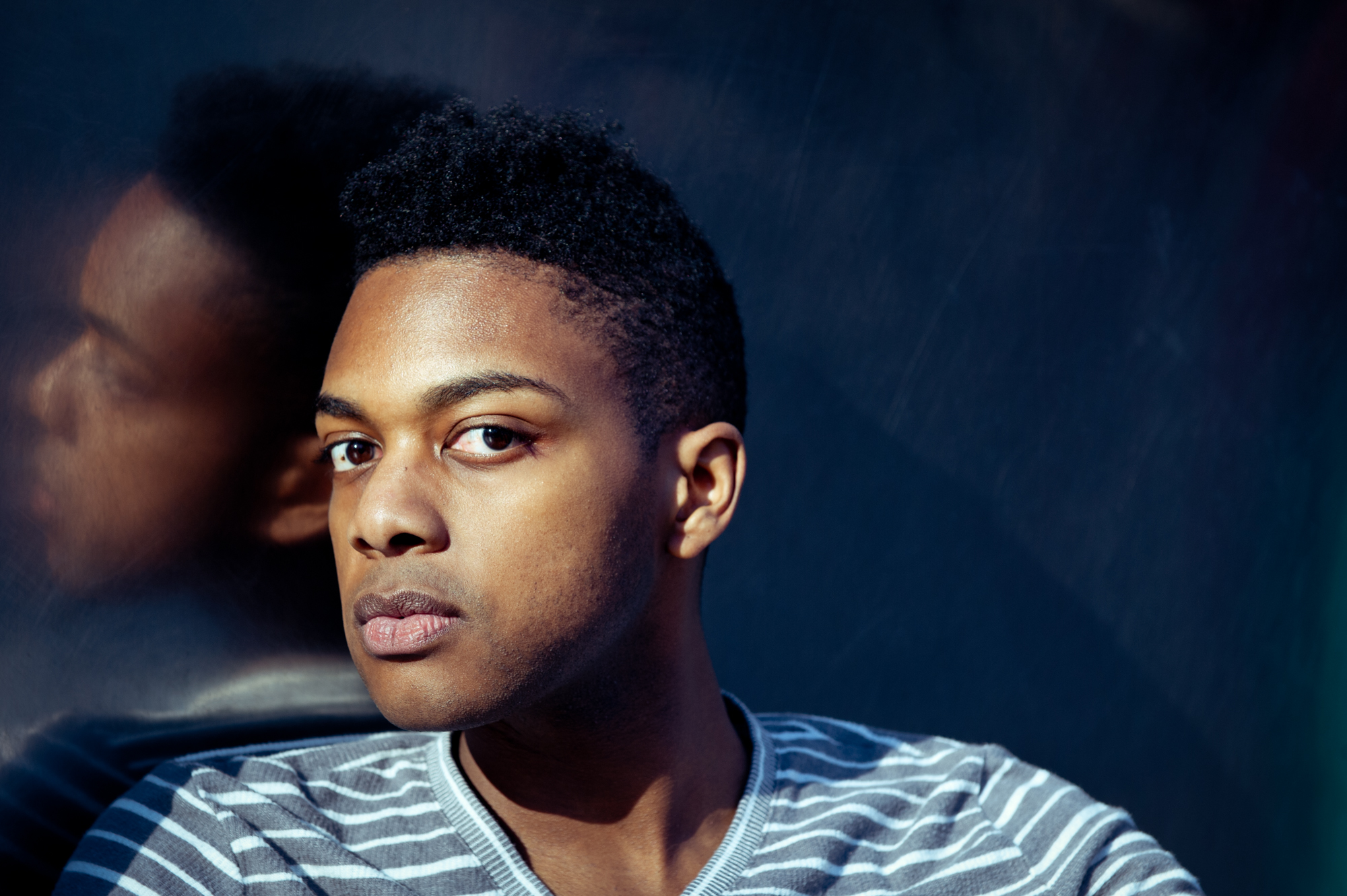
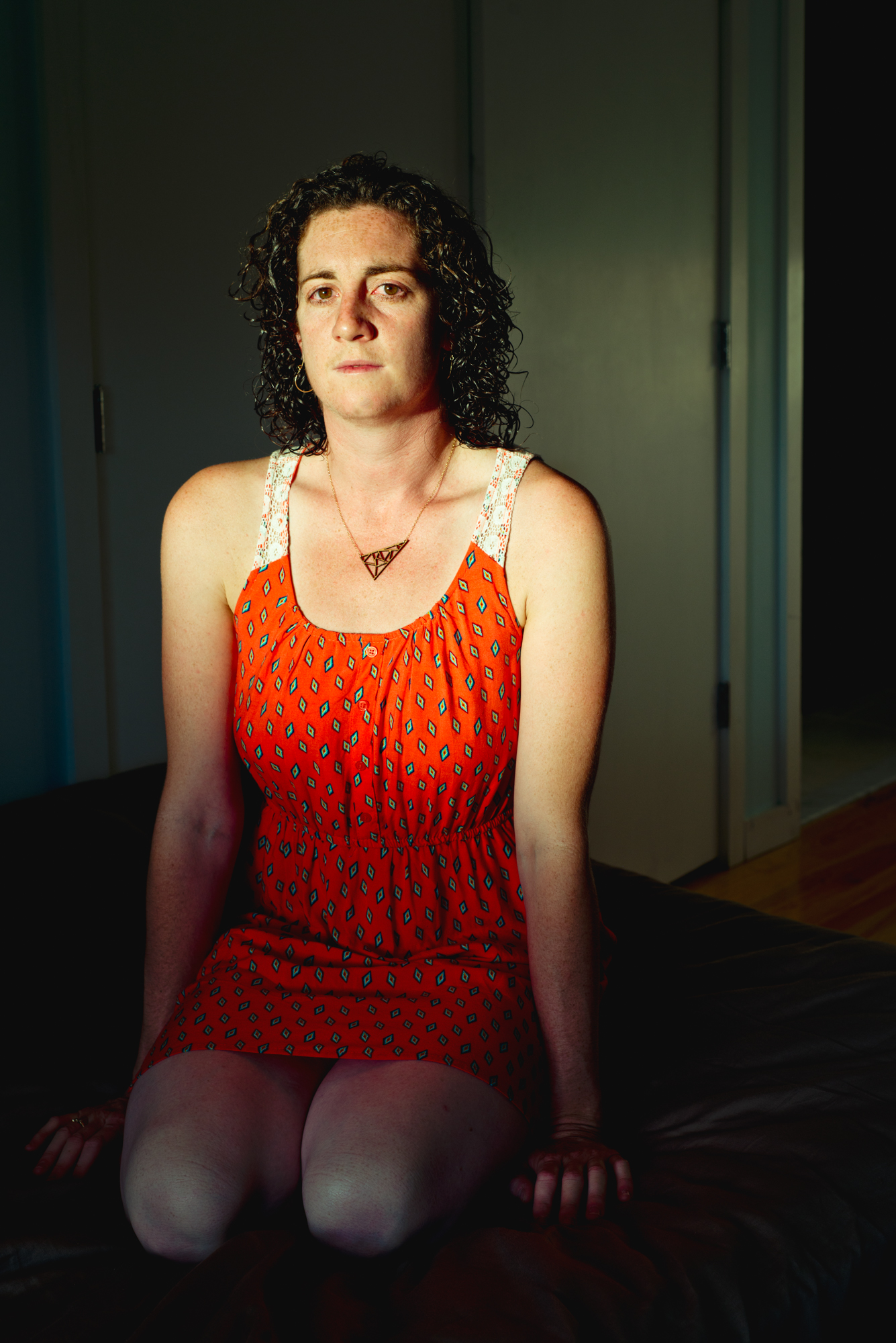
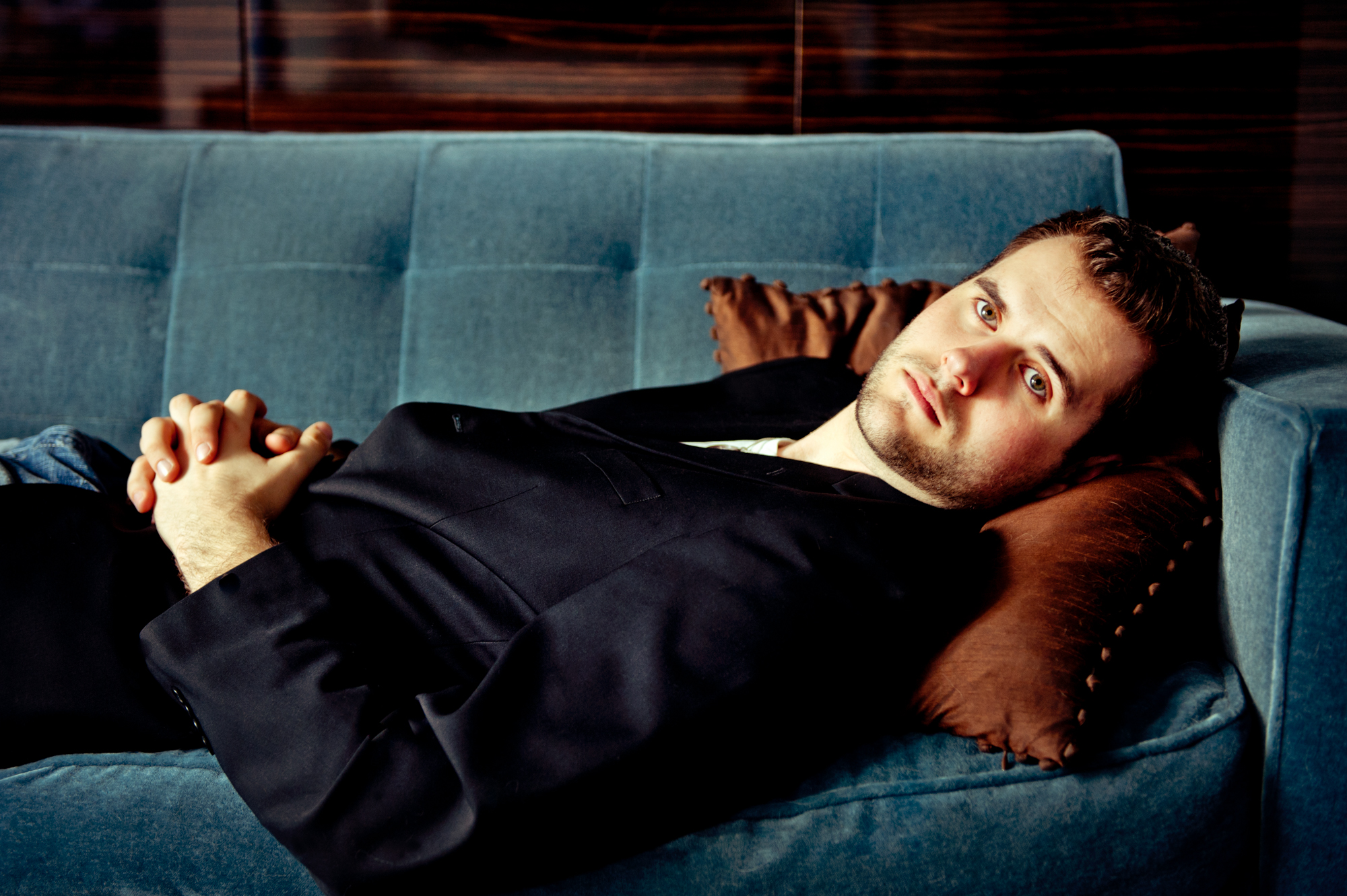
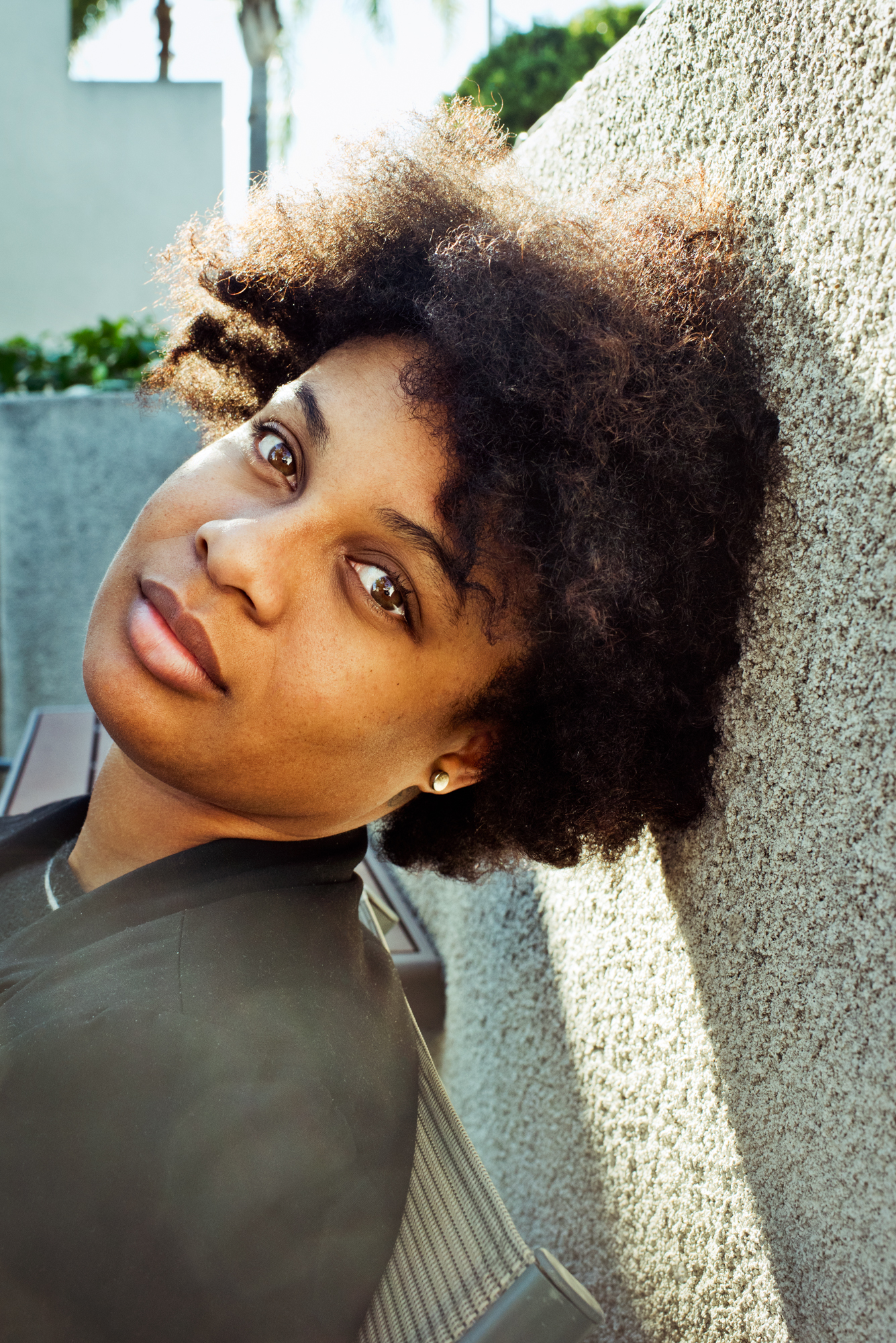
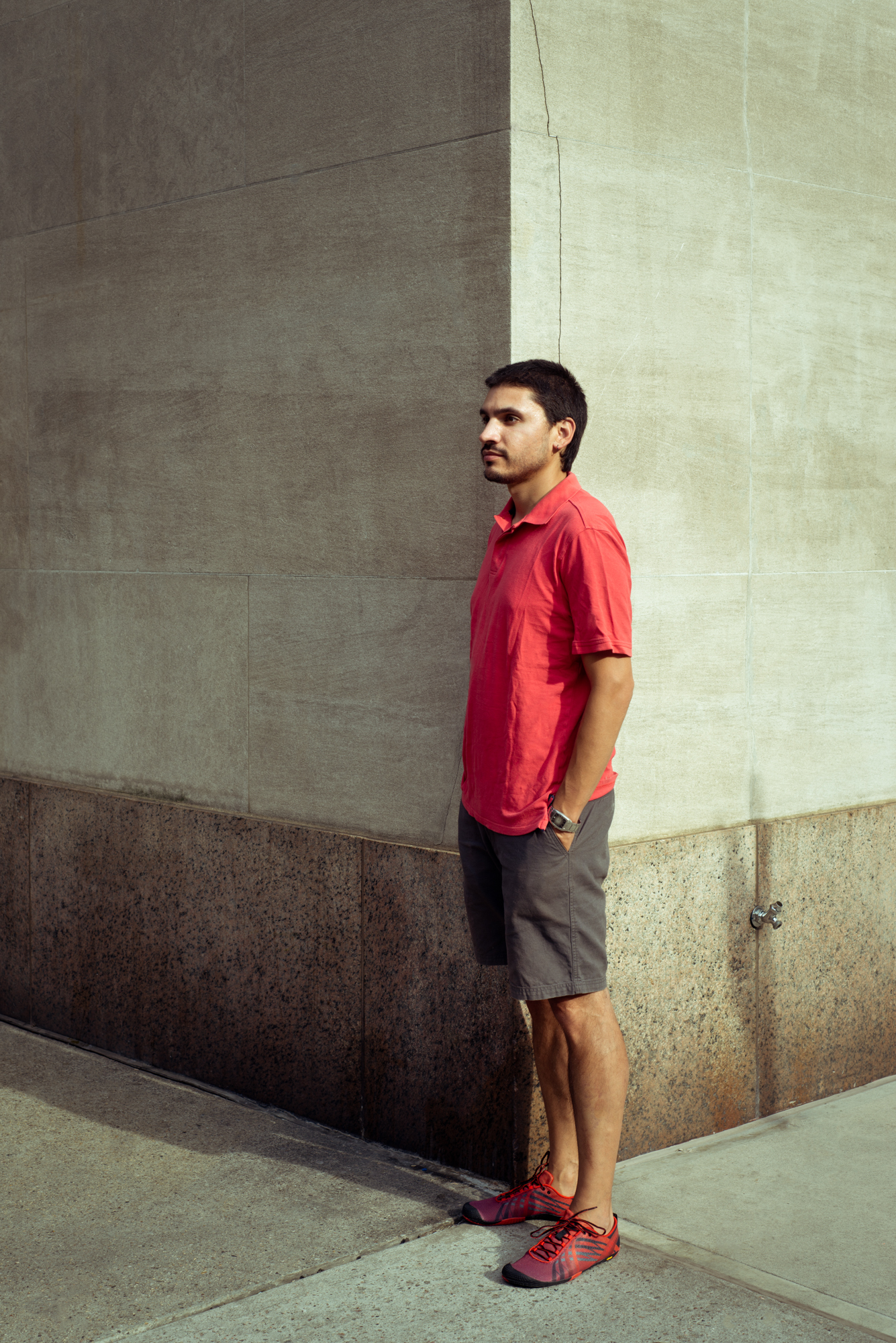
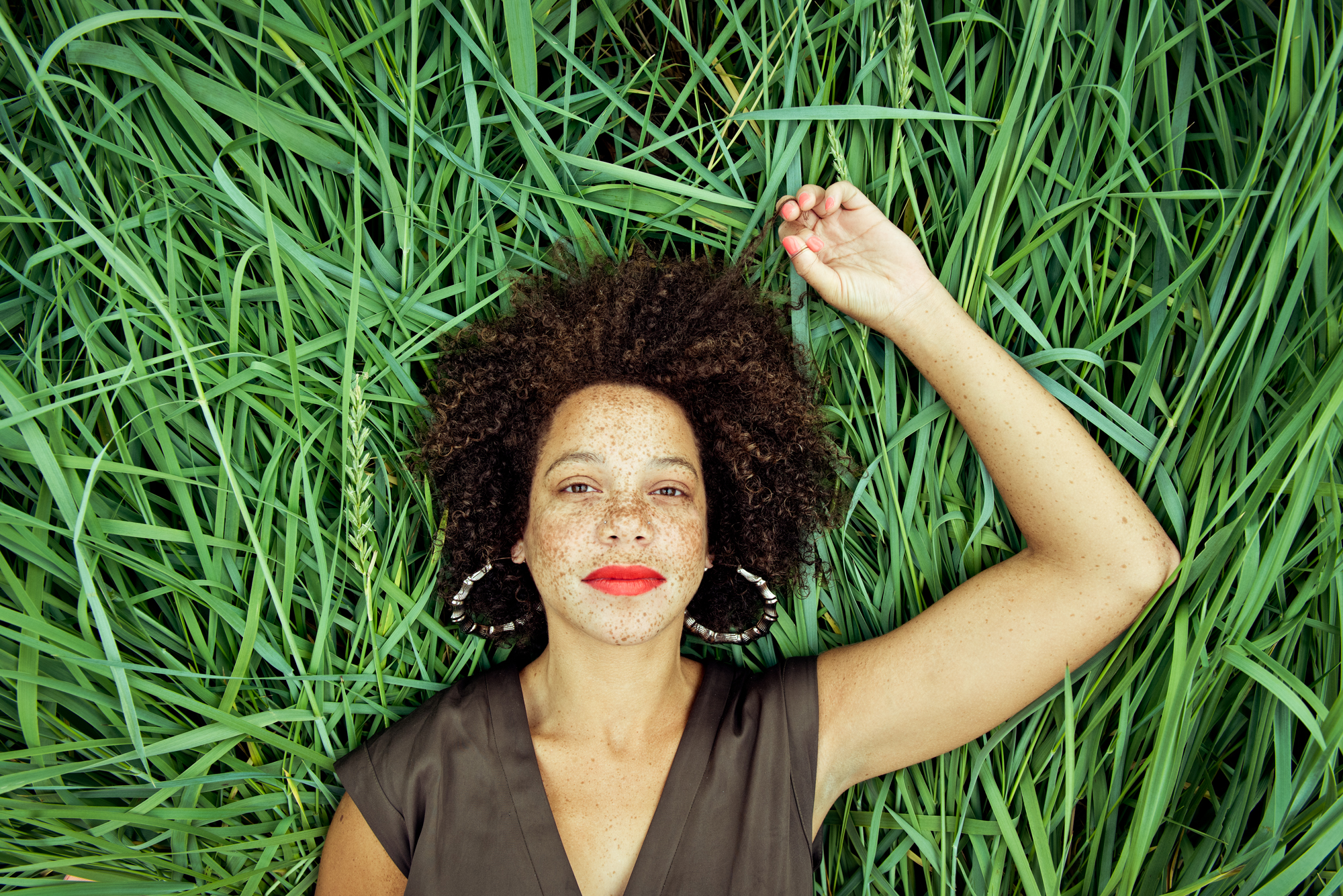
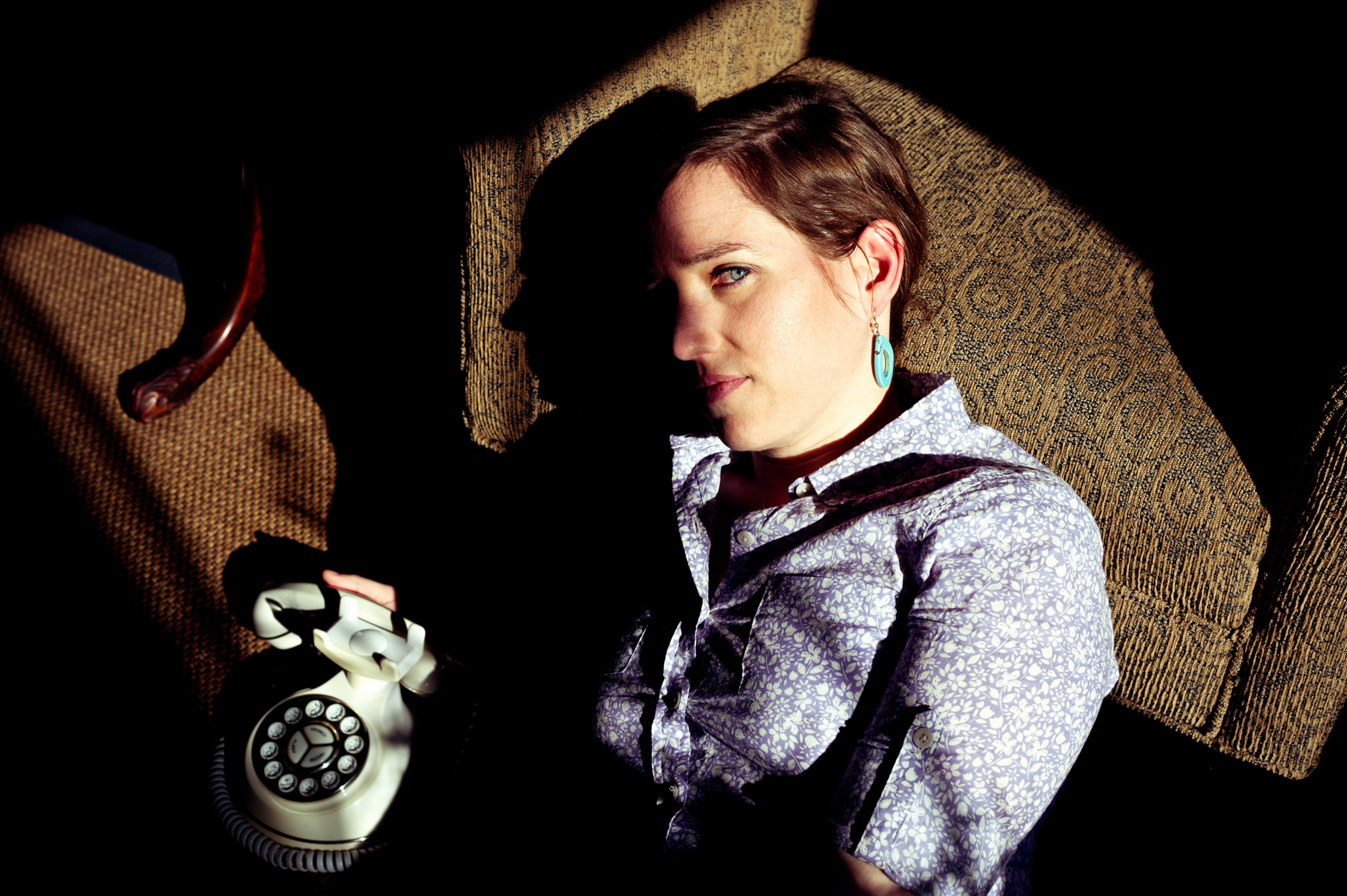
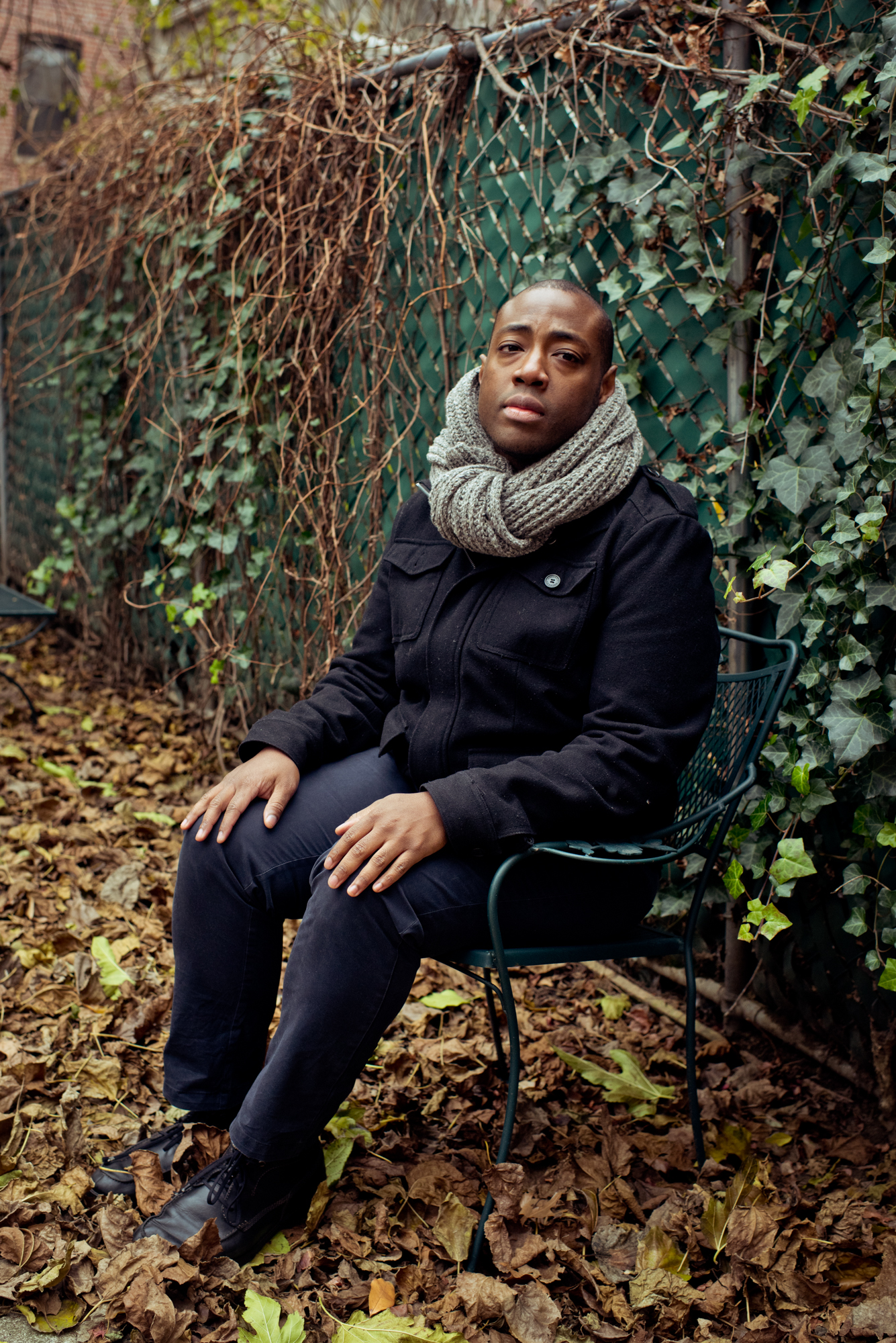
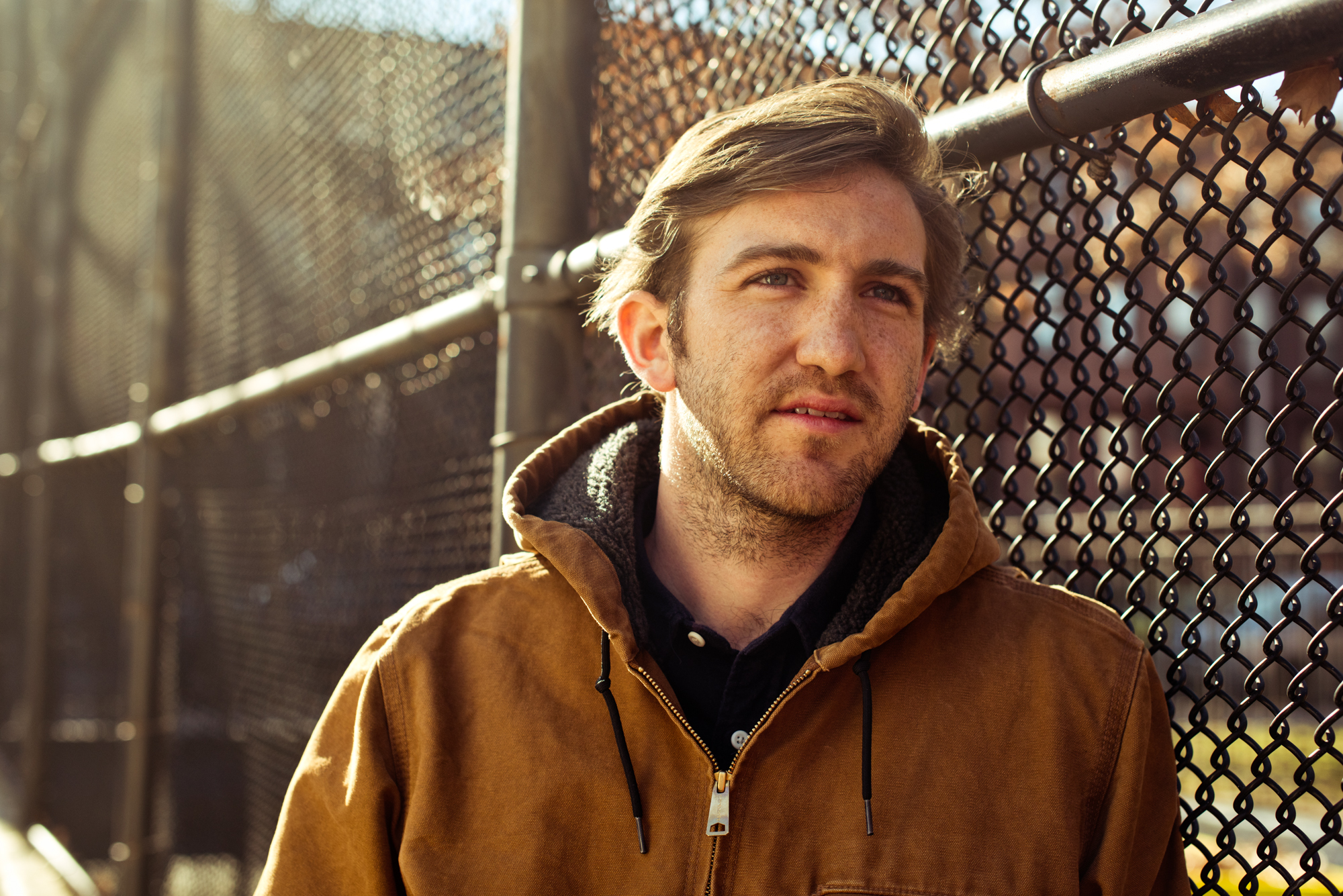
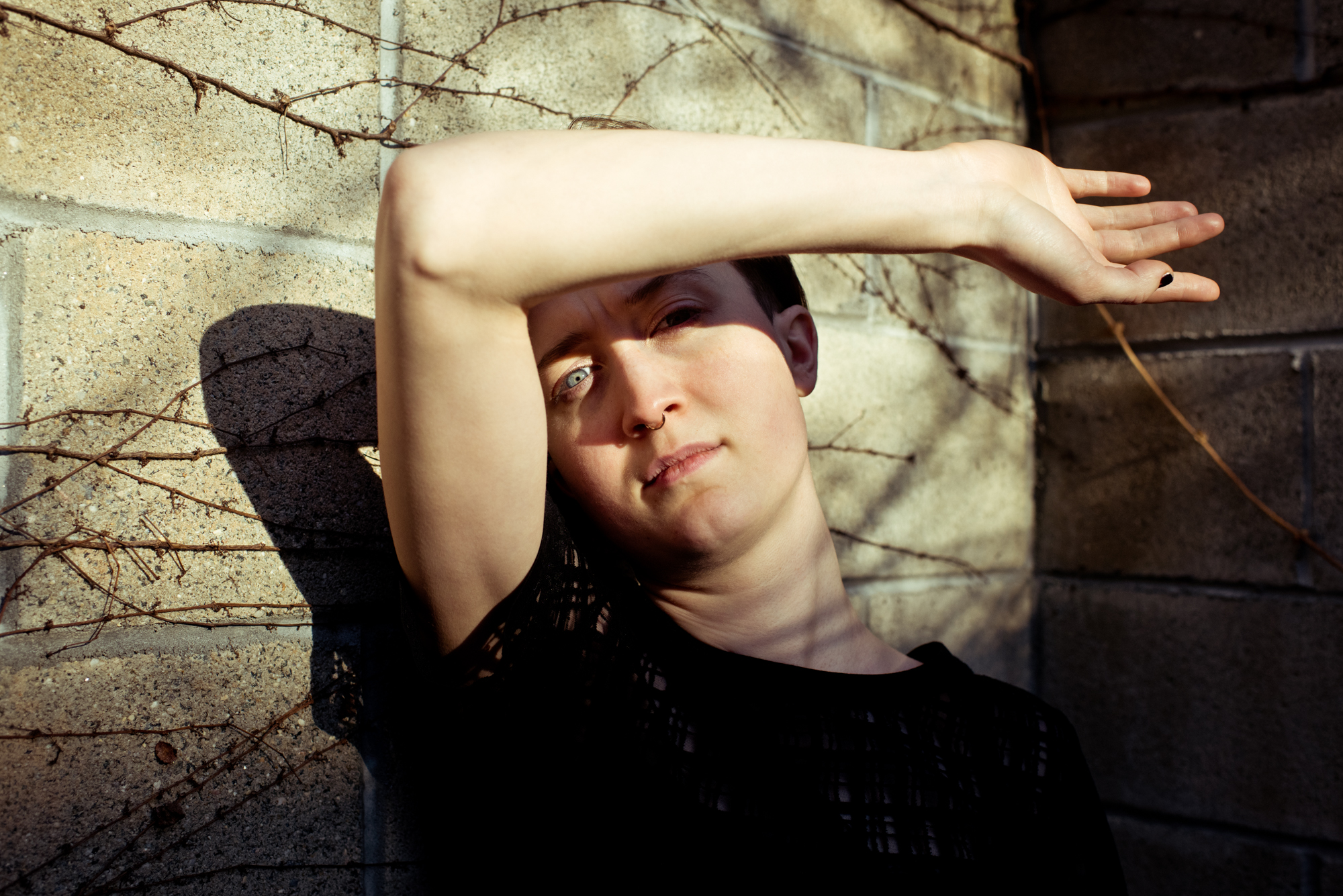
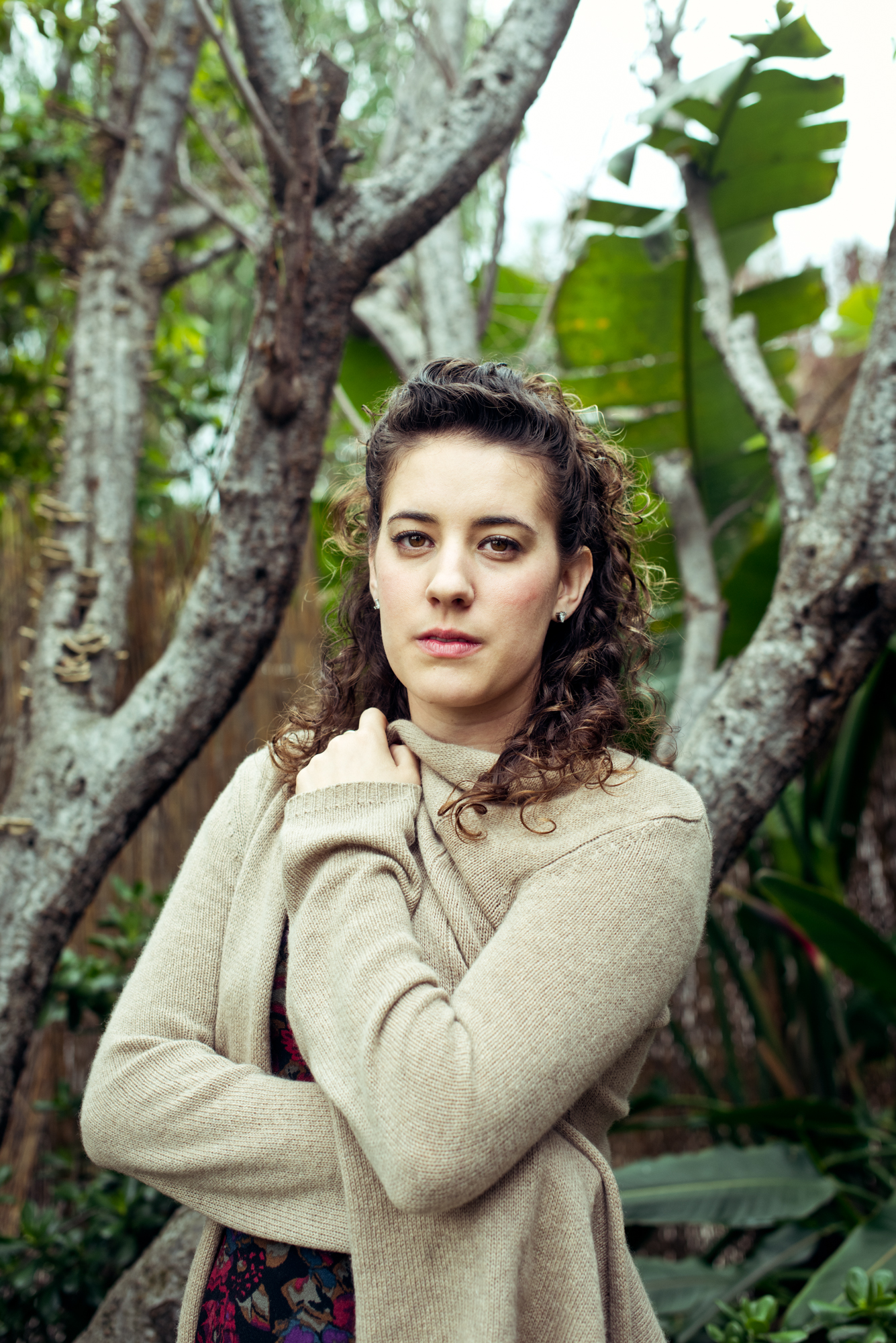
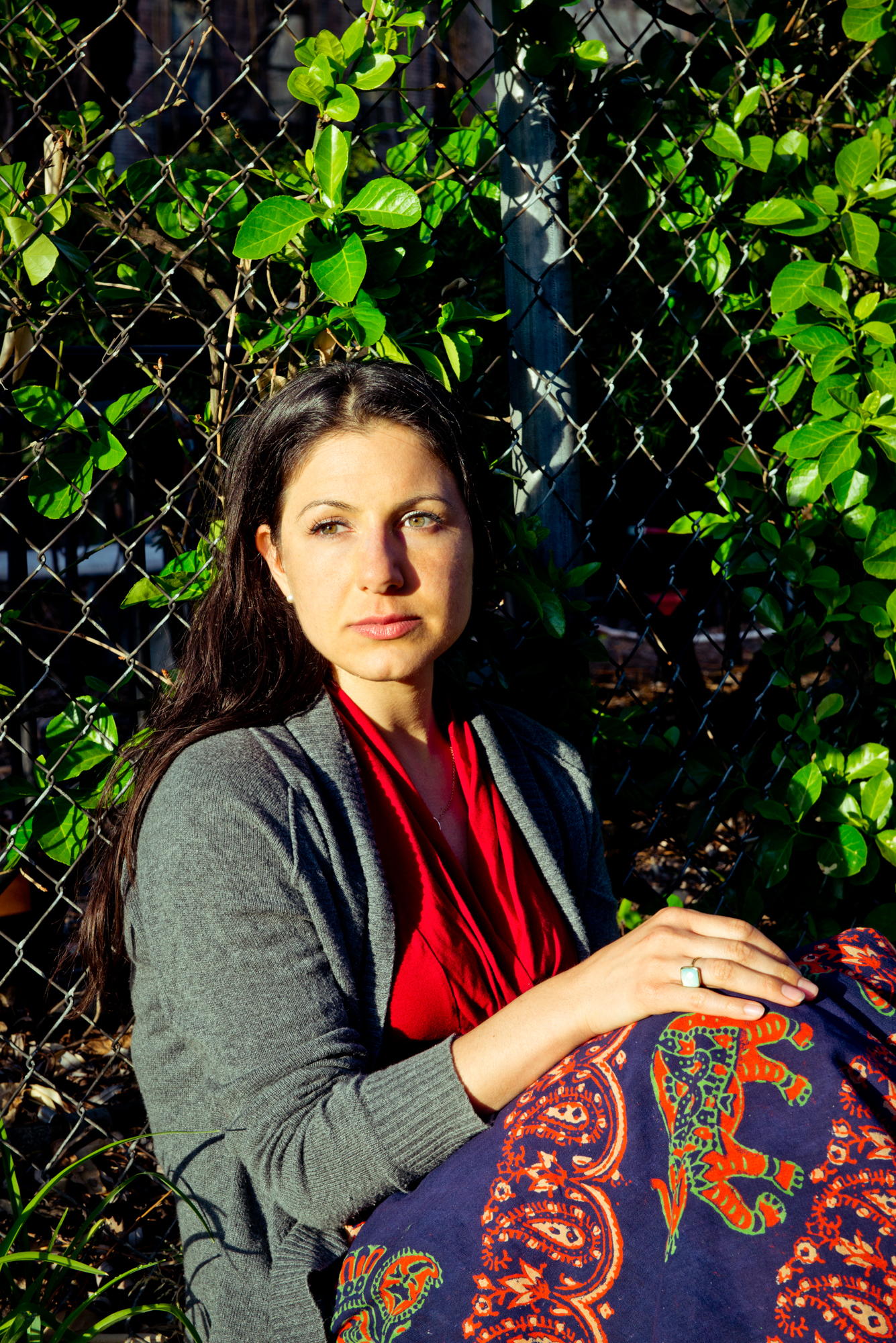
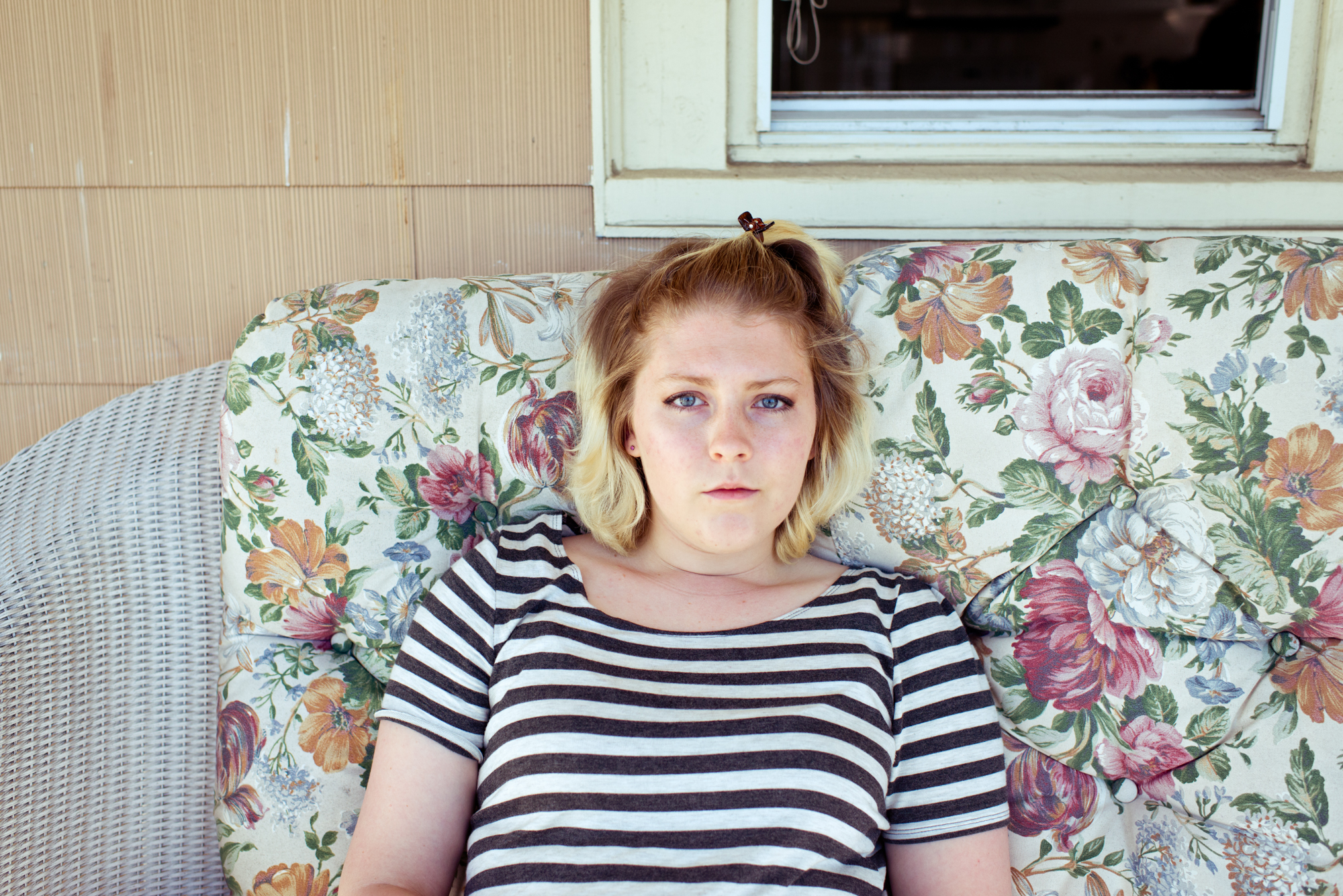
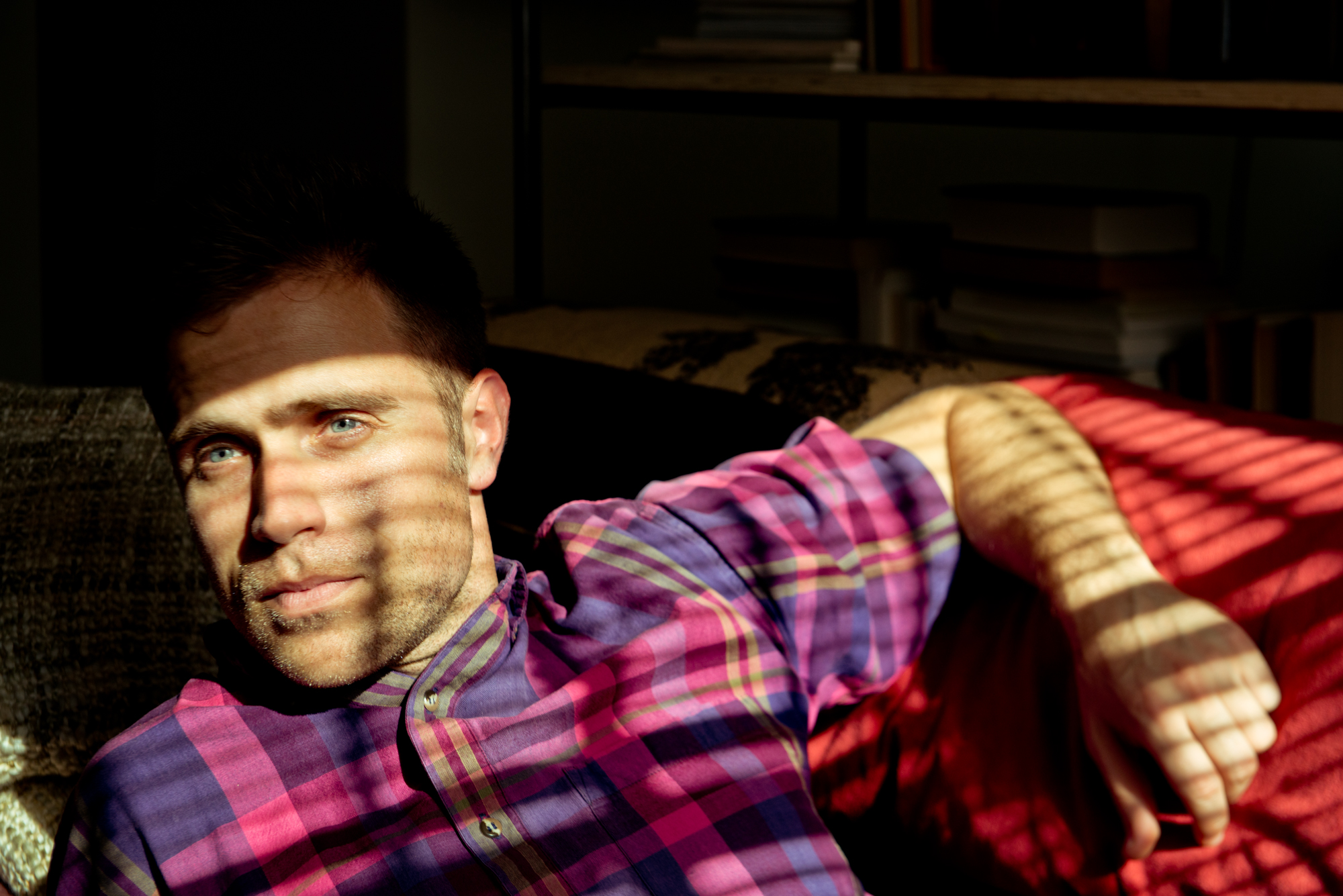
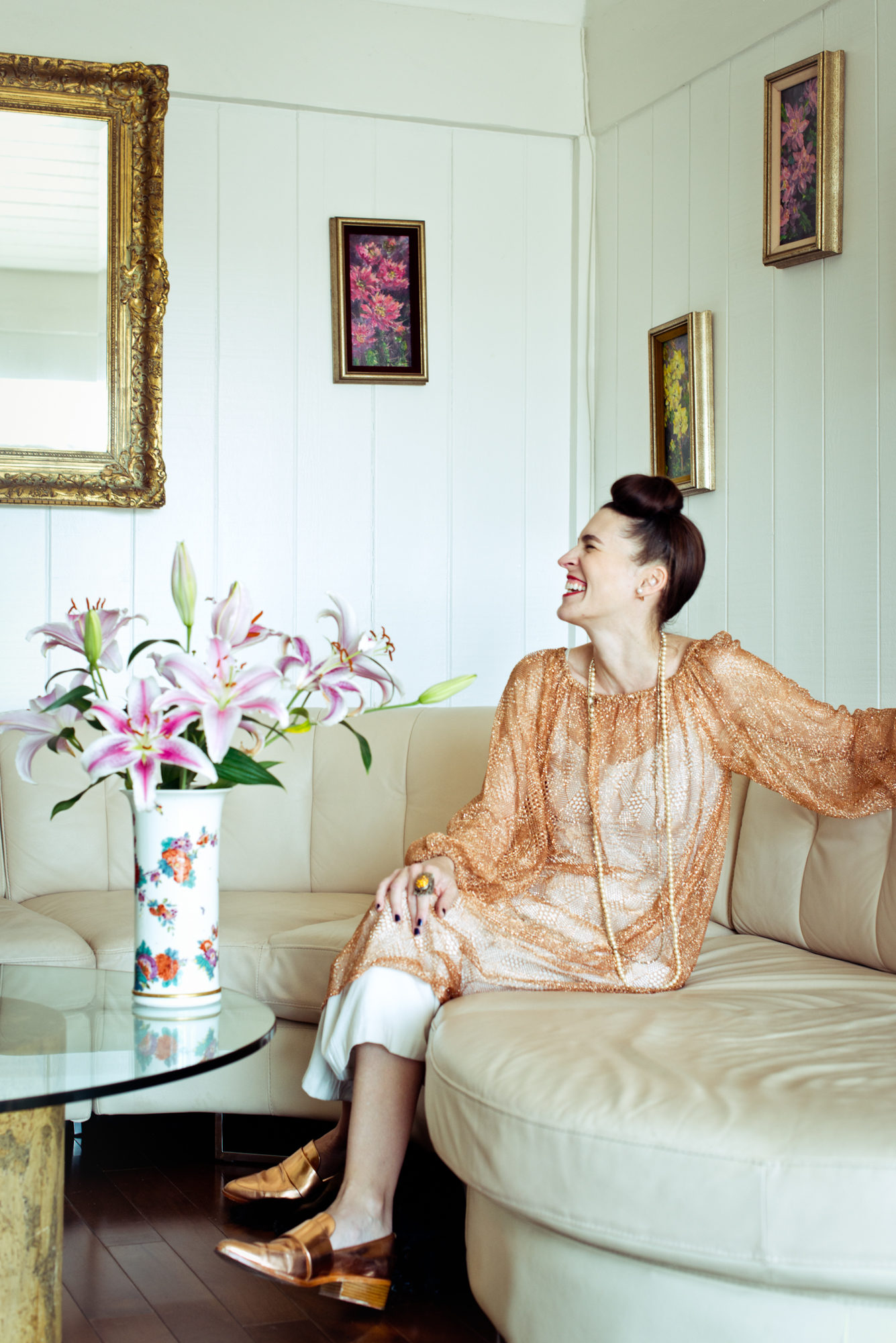
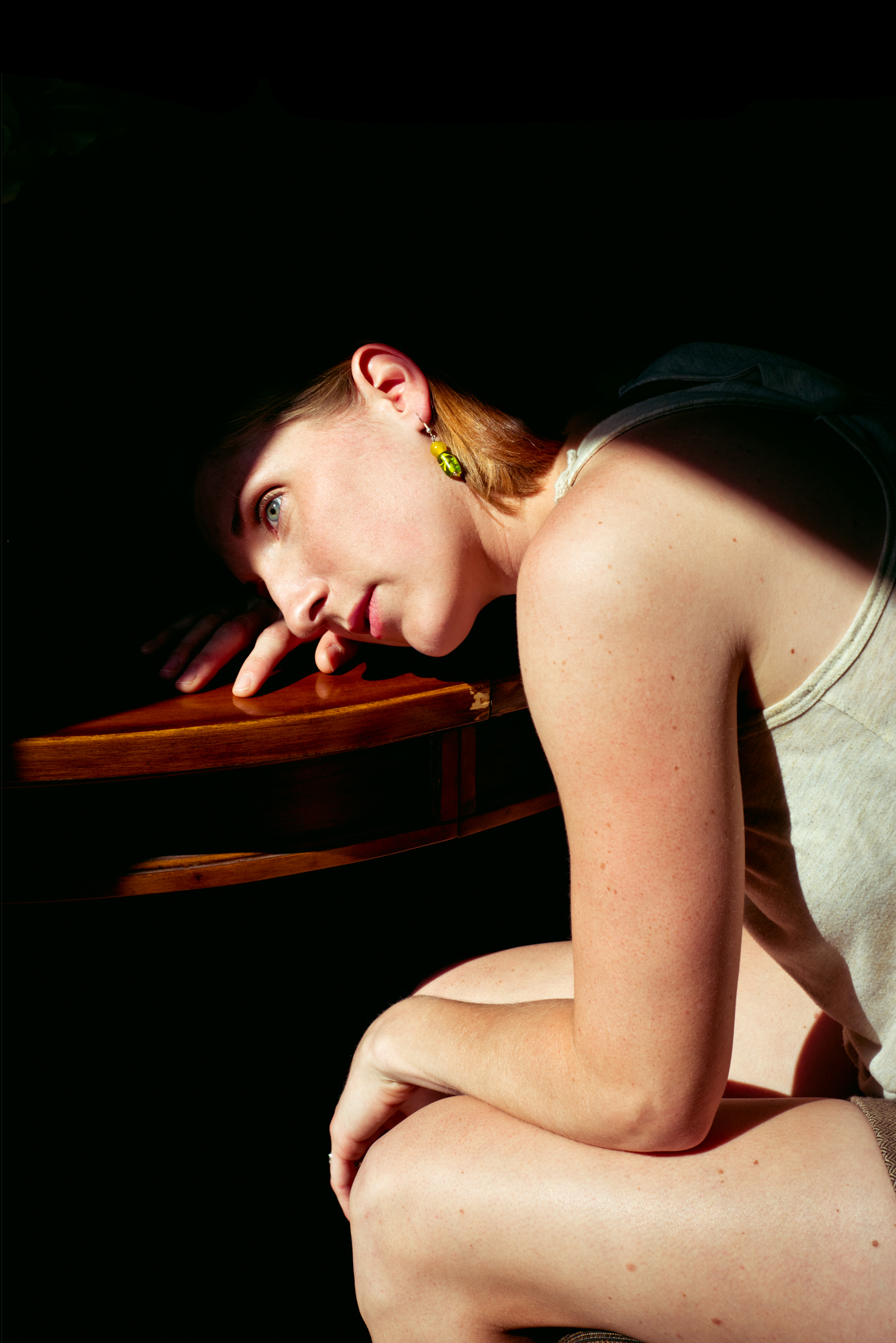
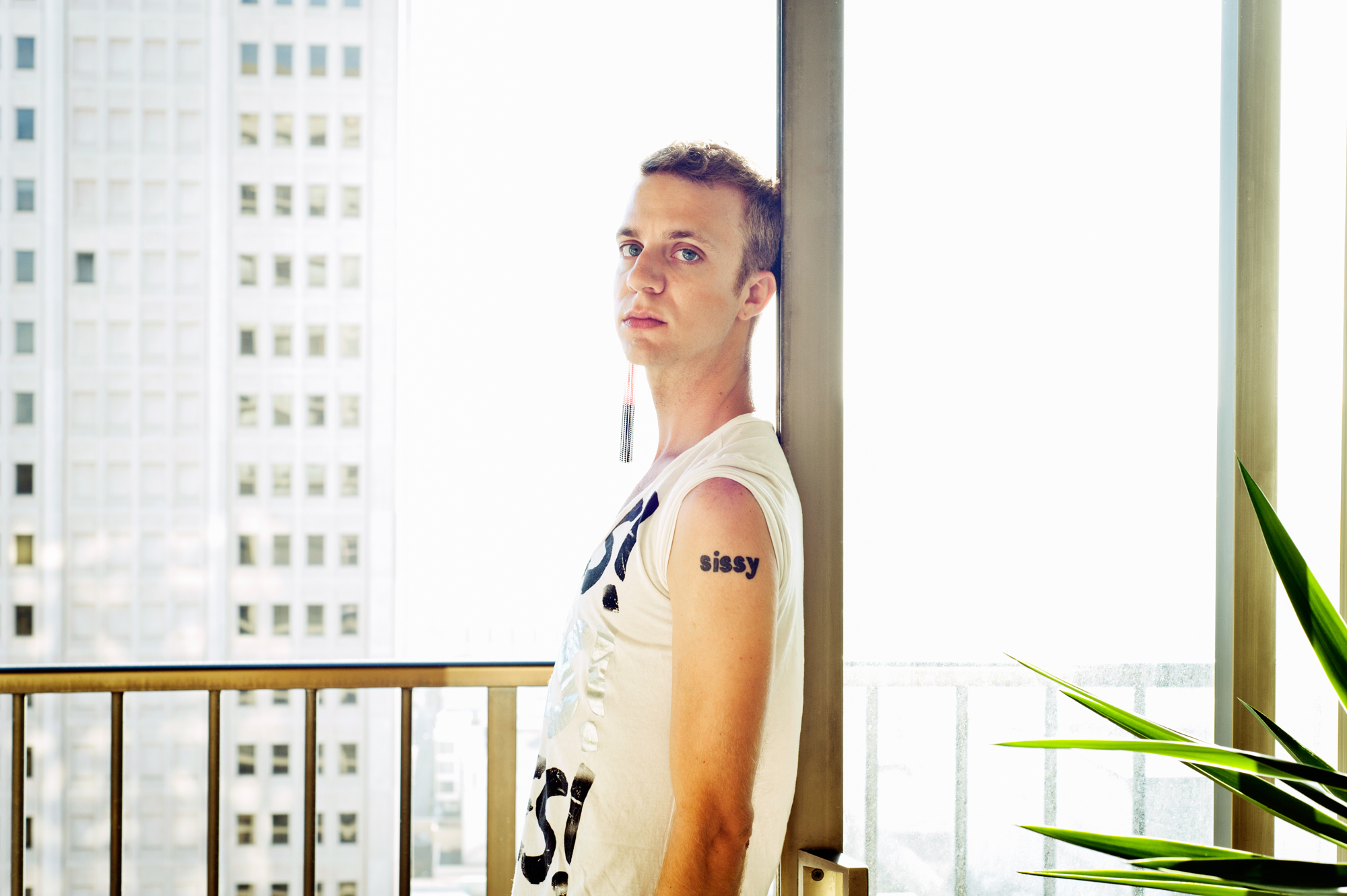
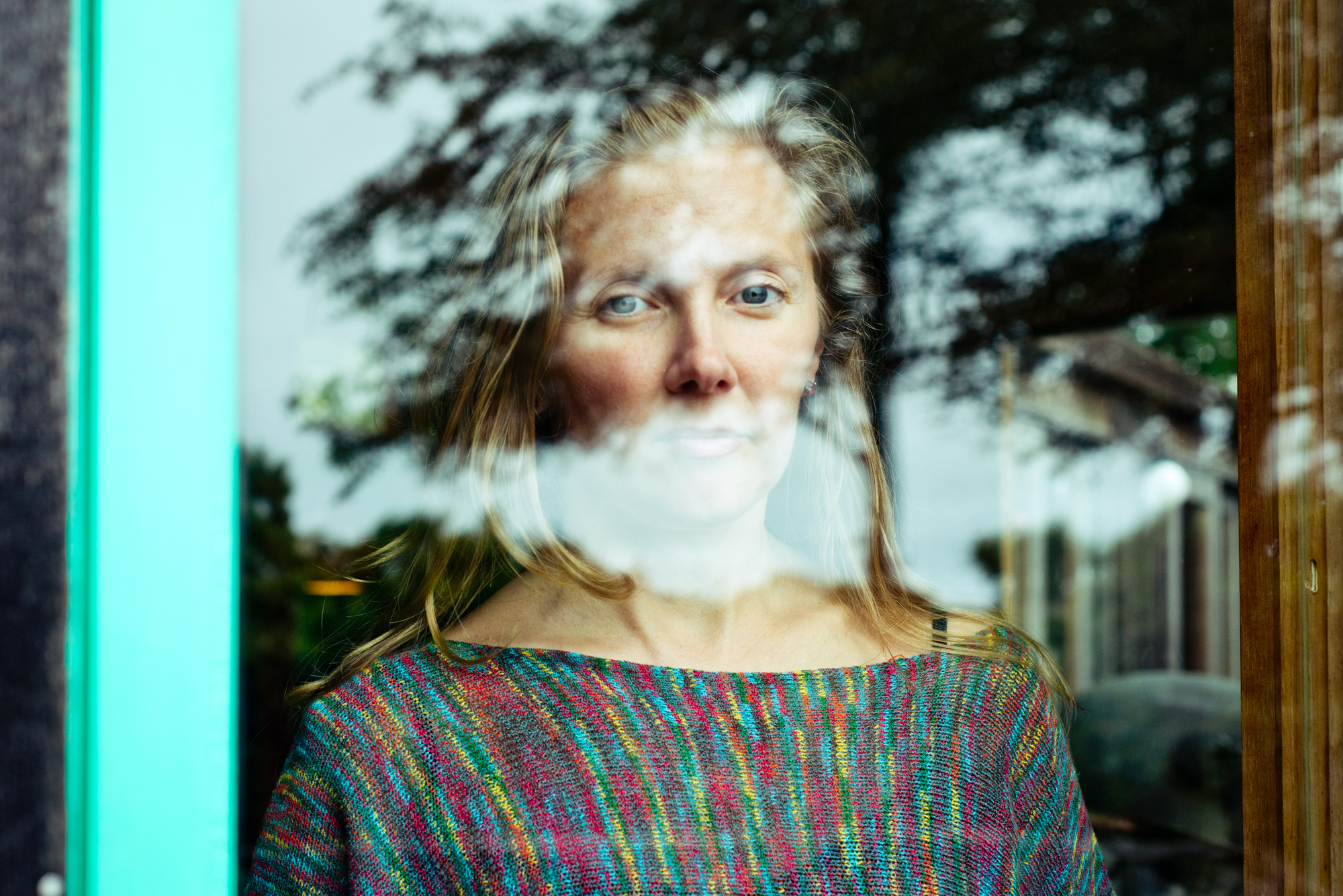
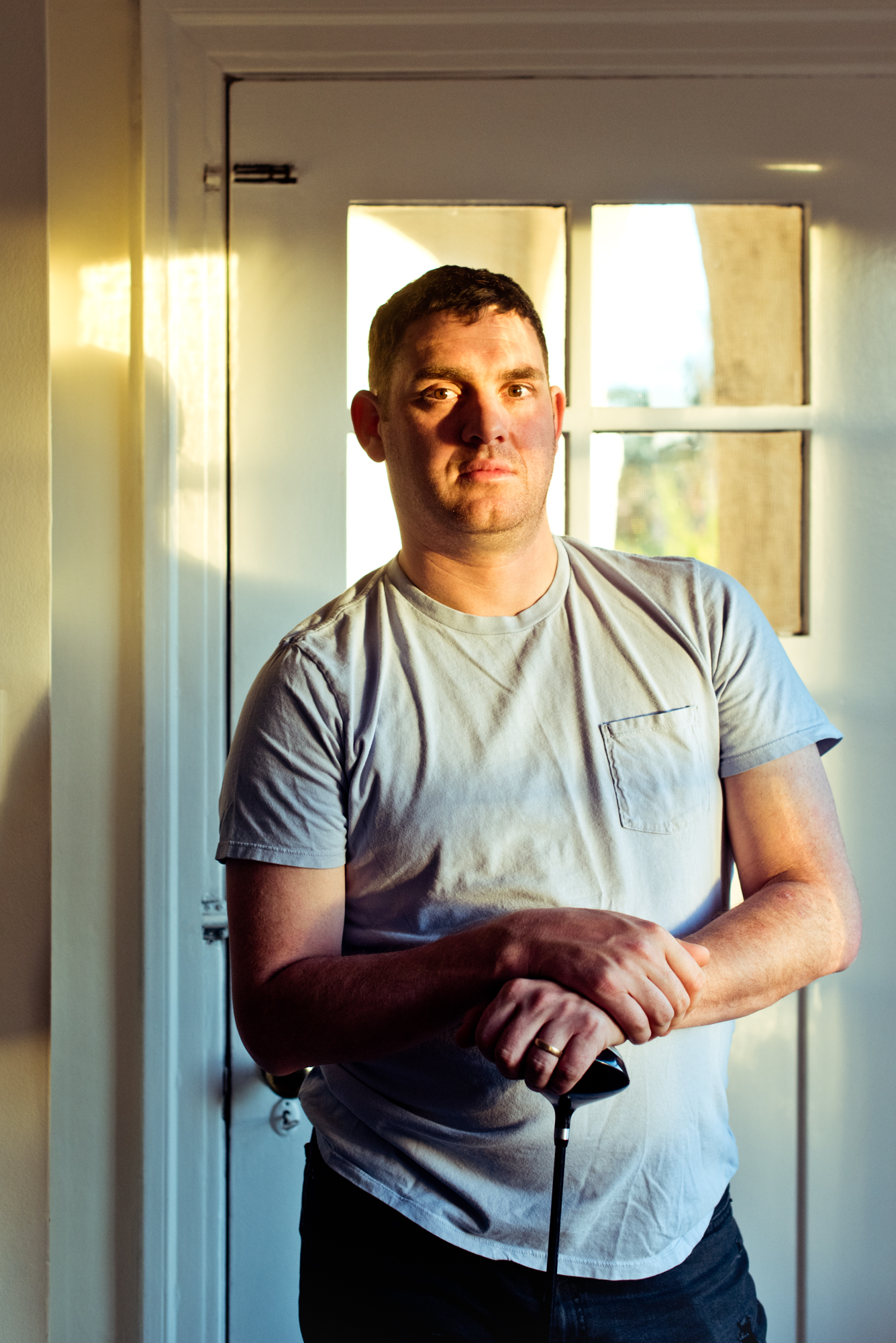
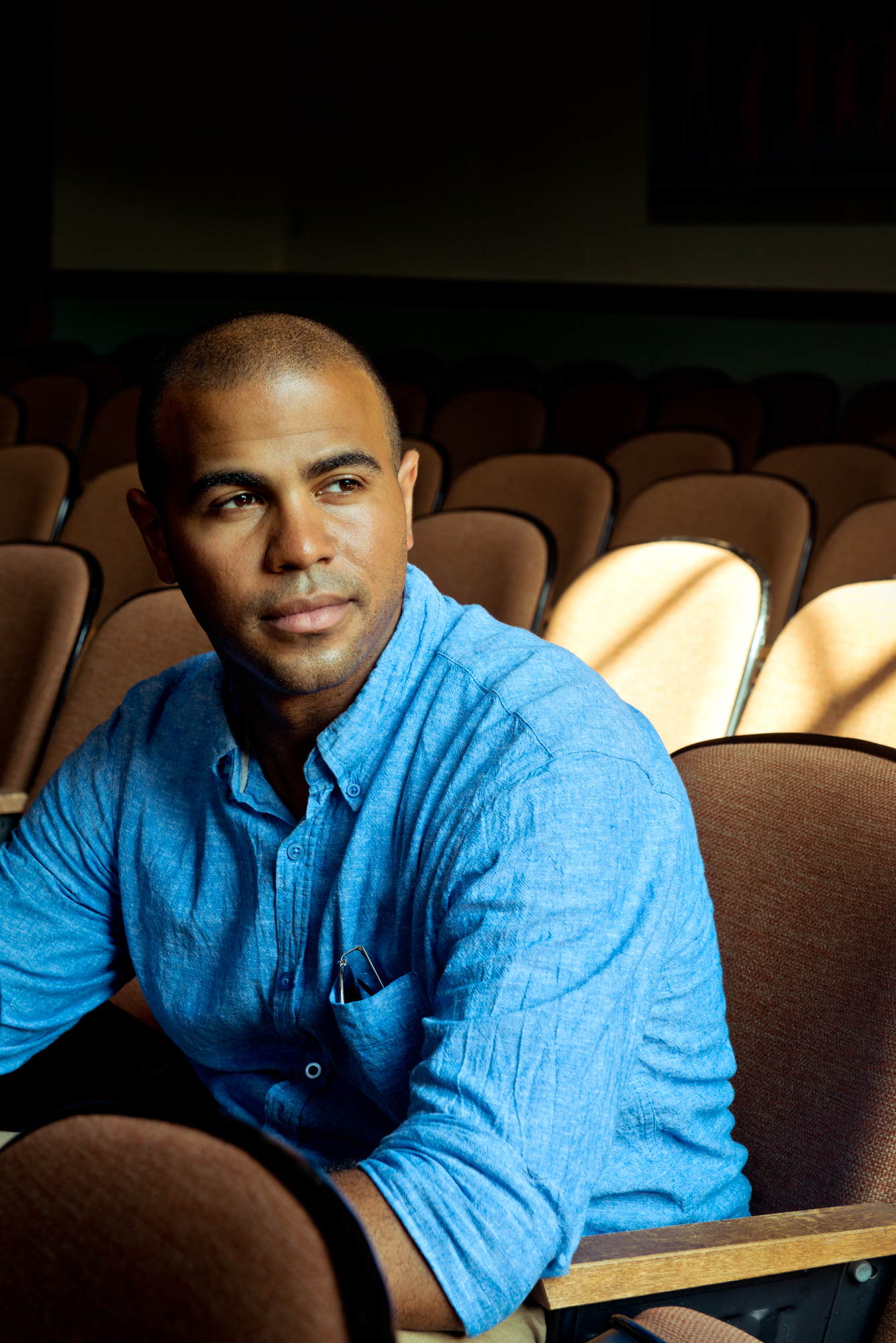
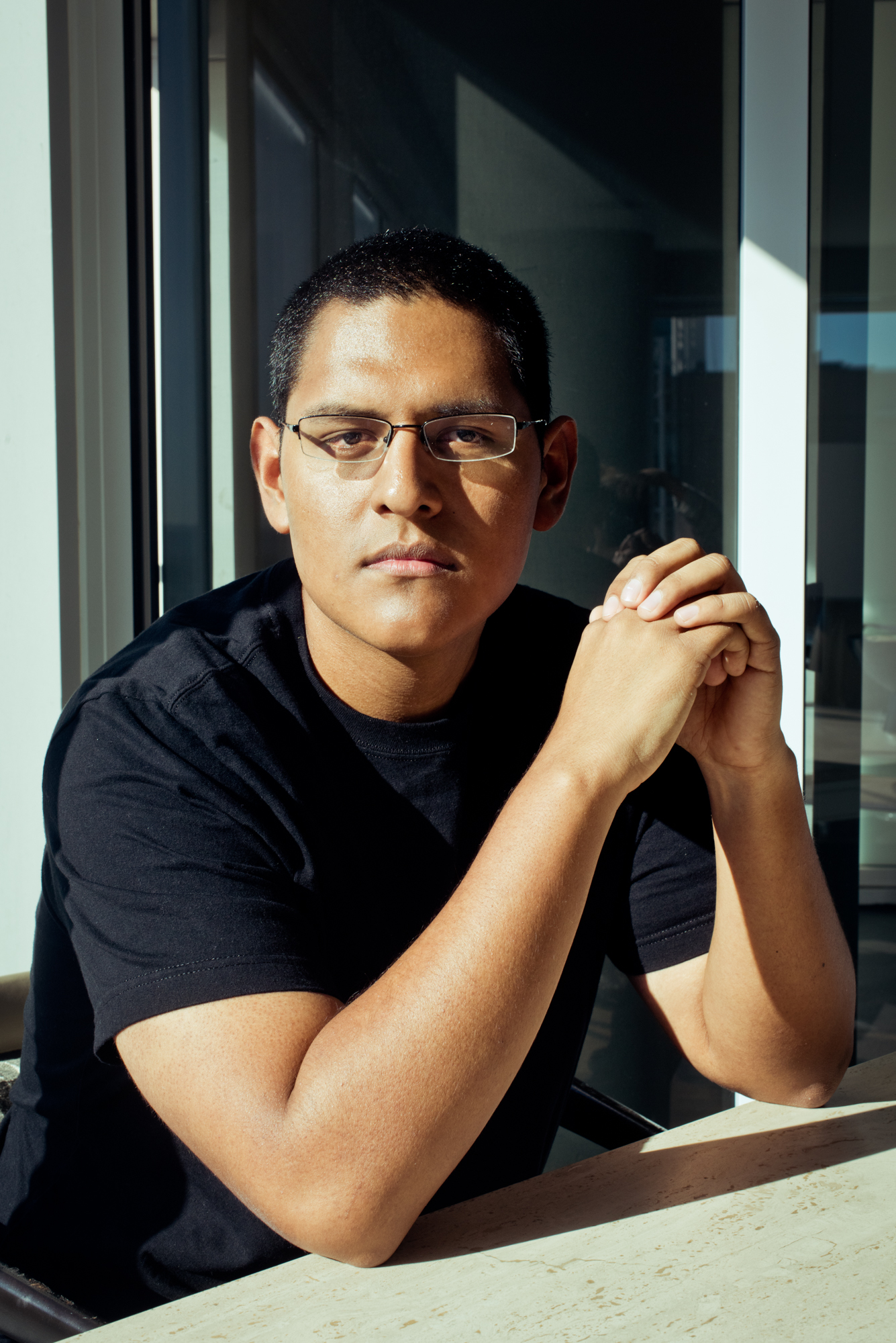
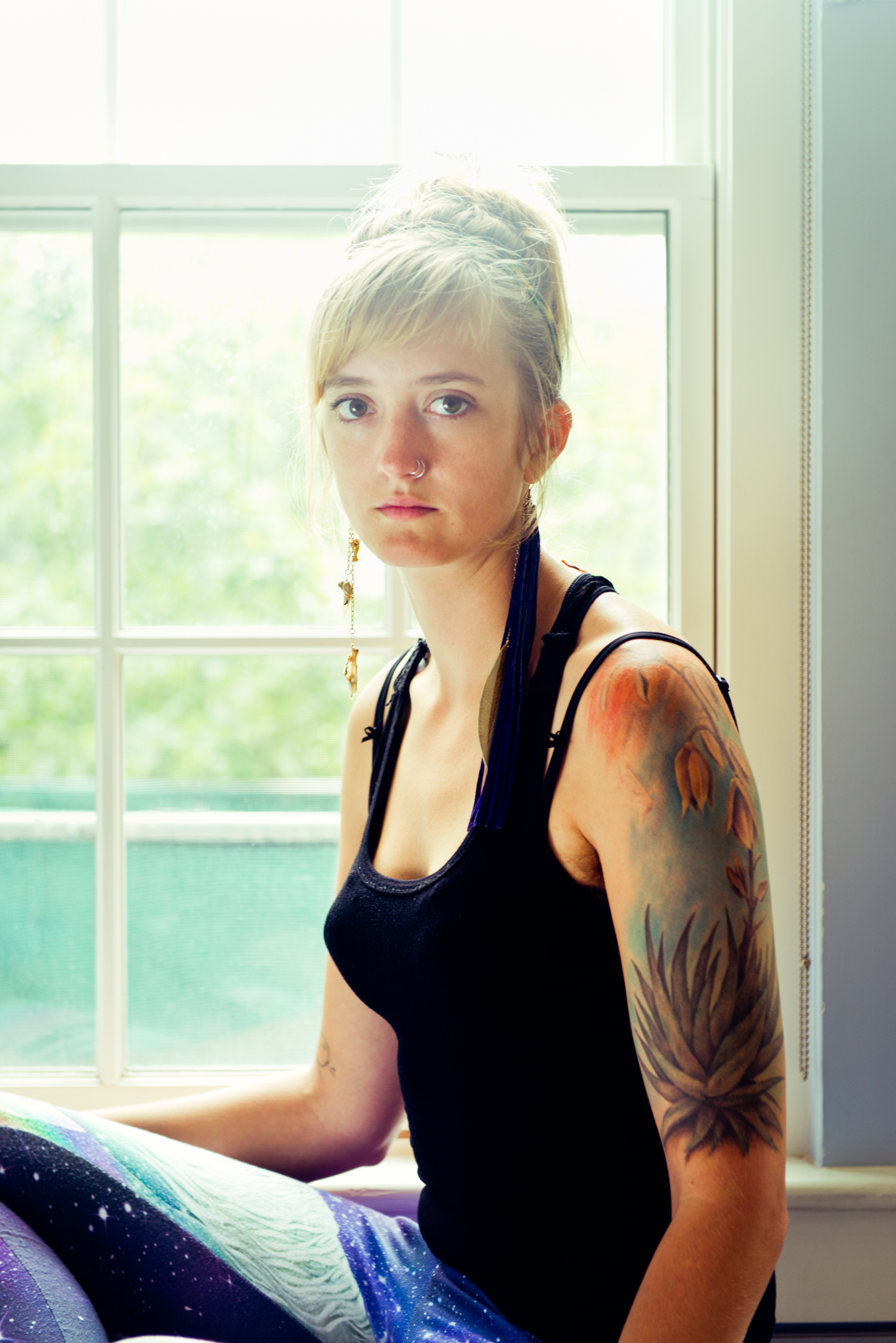
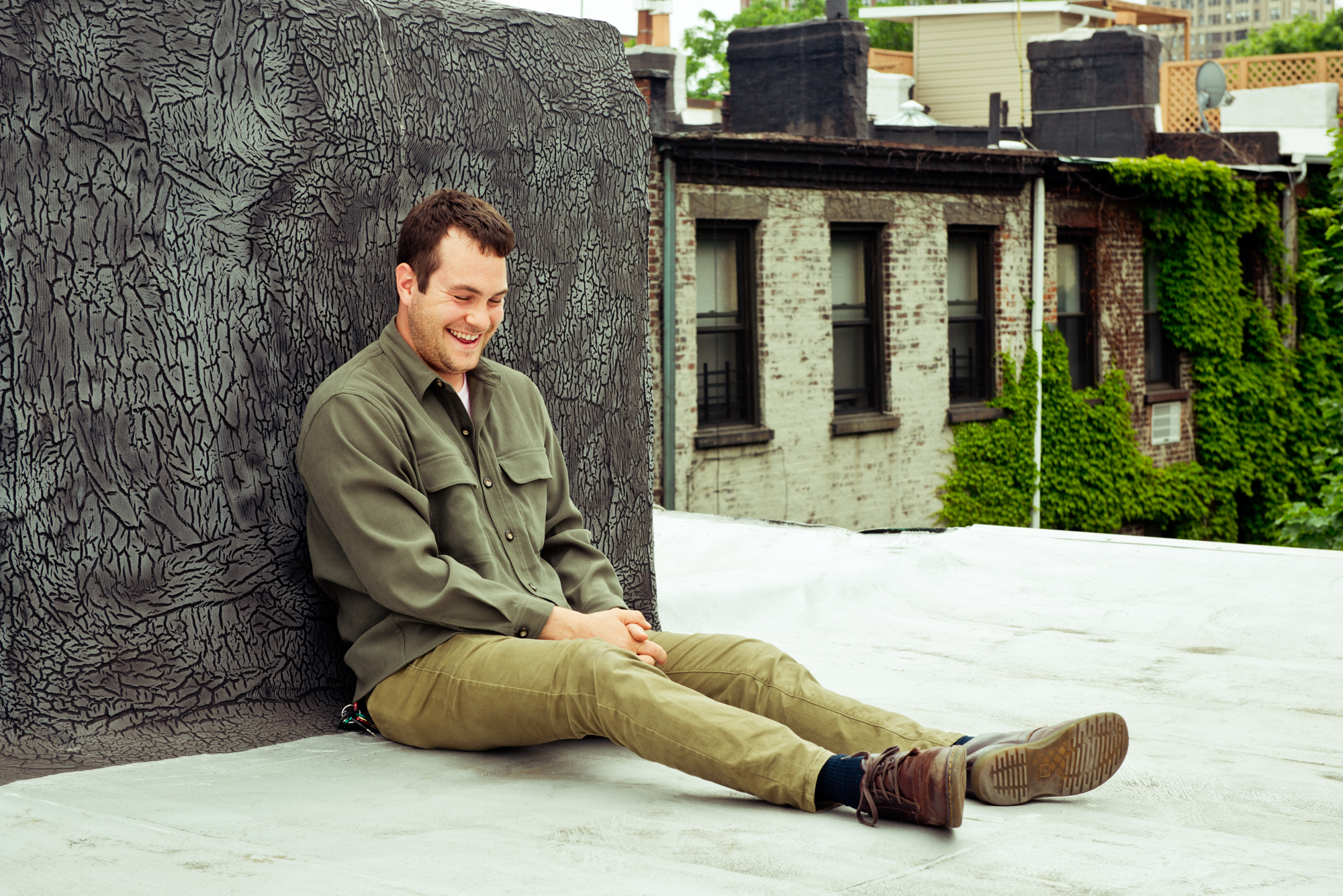
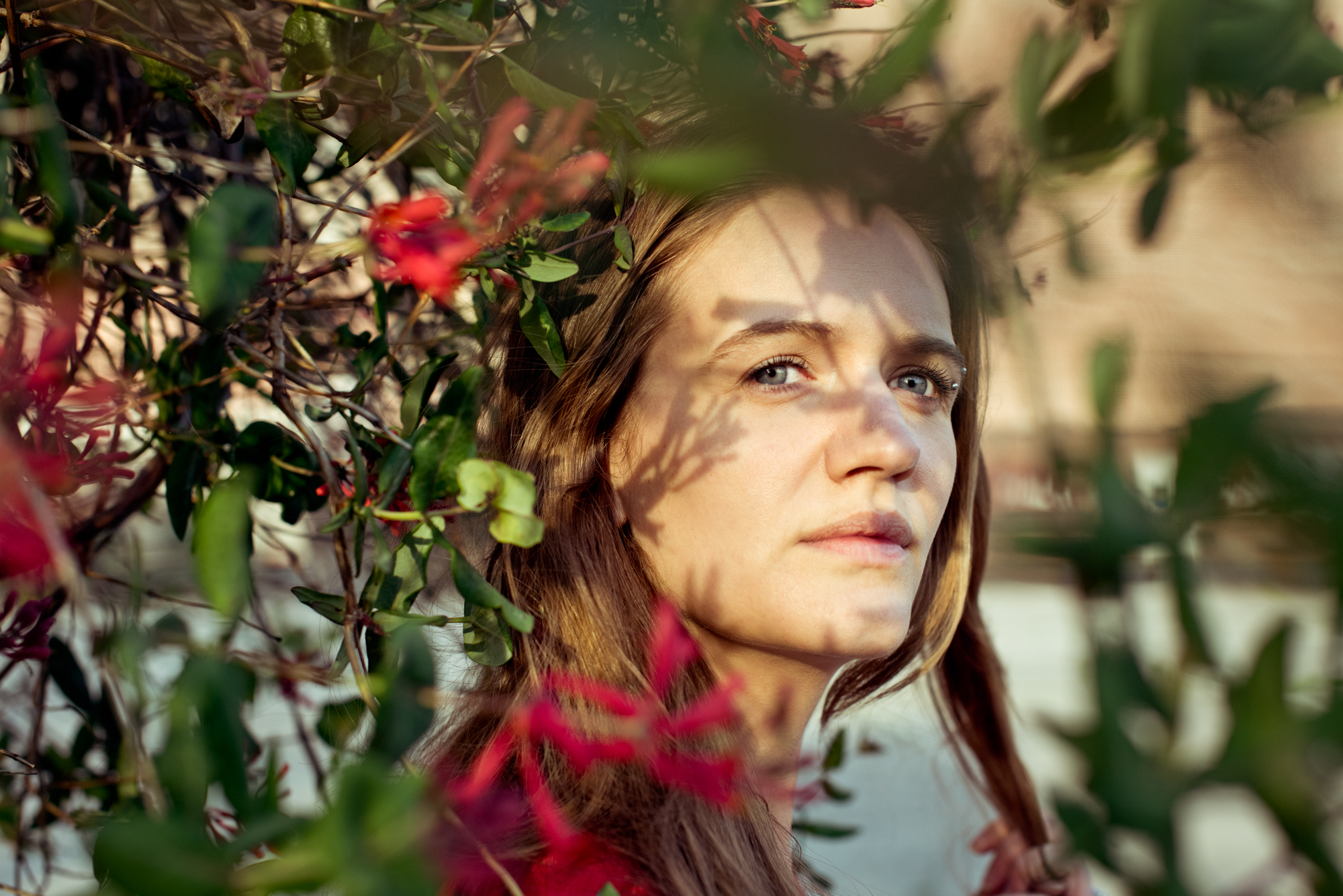
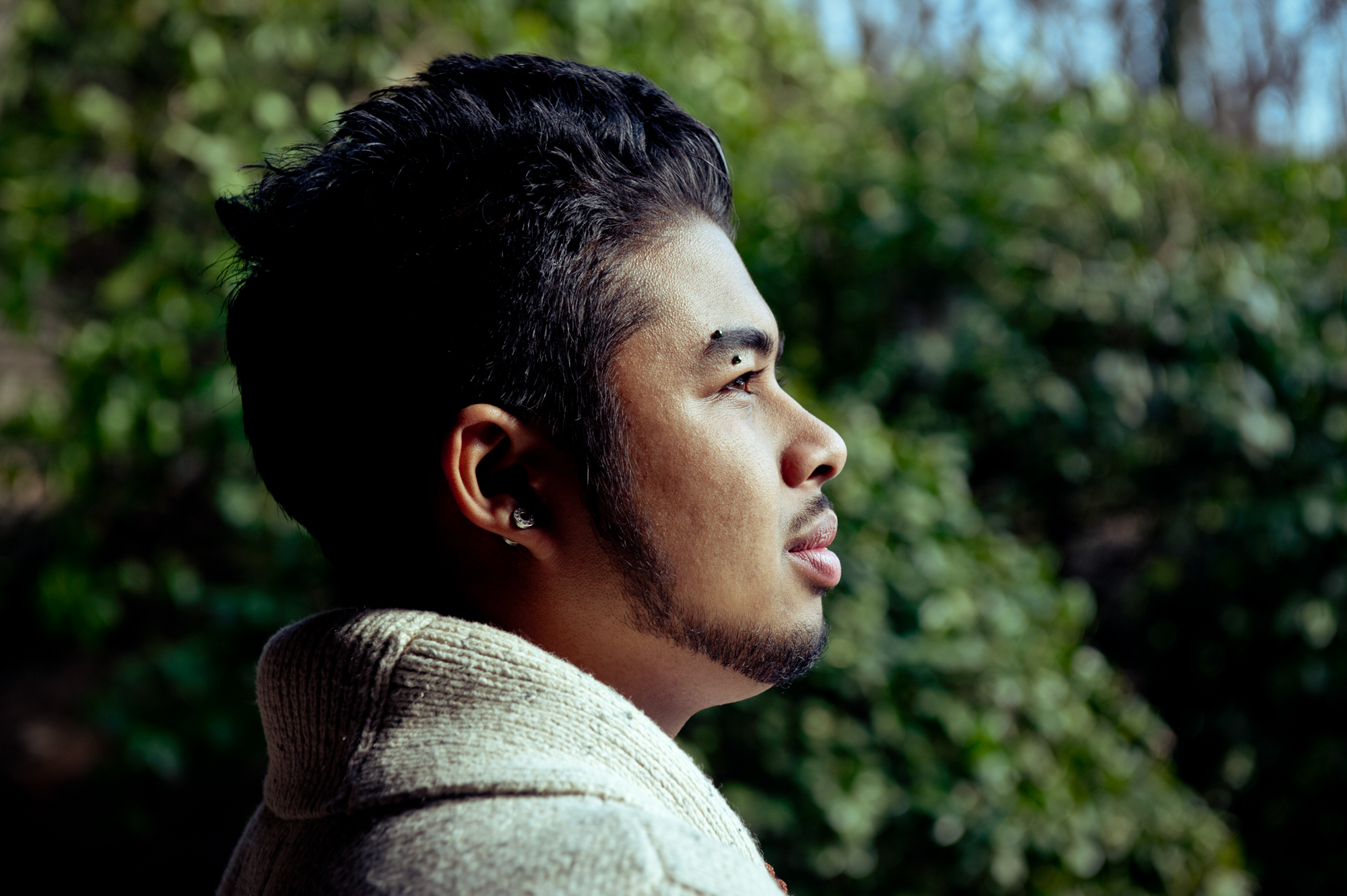
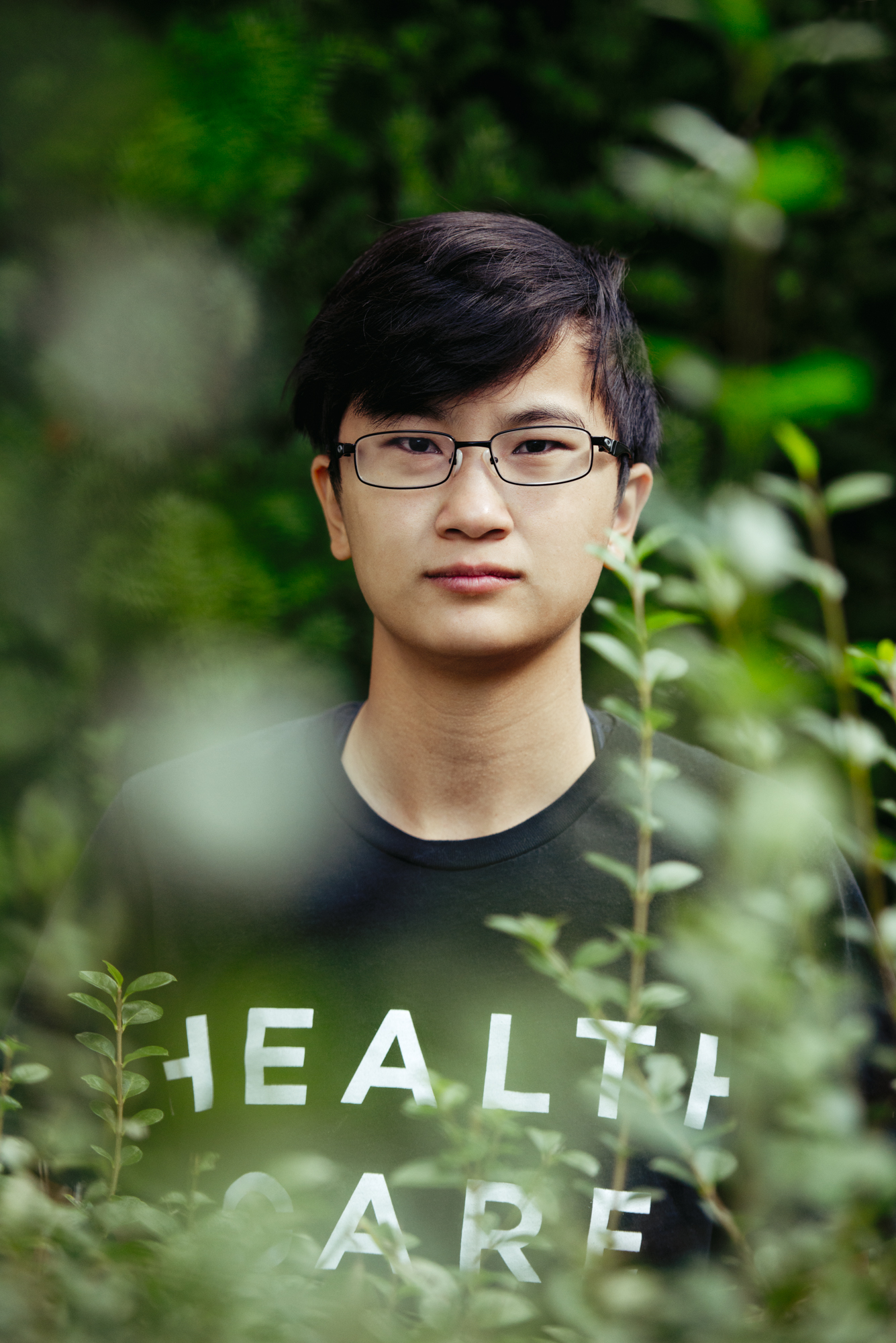
Excerpts from the book:





























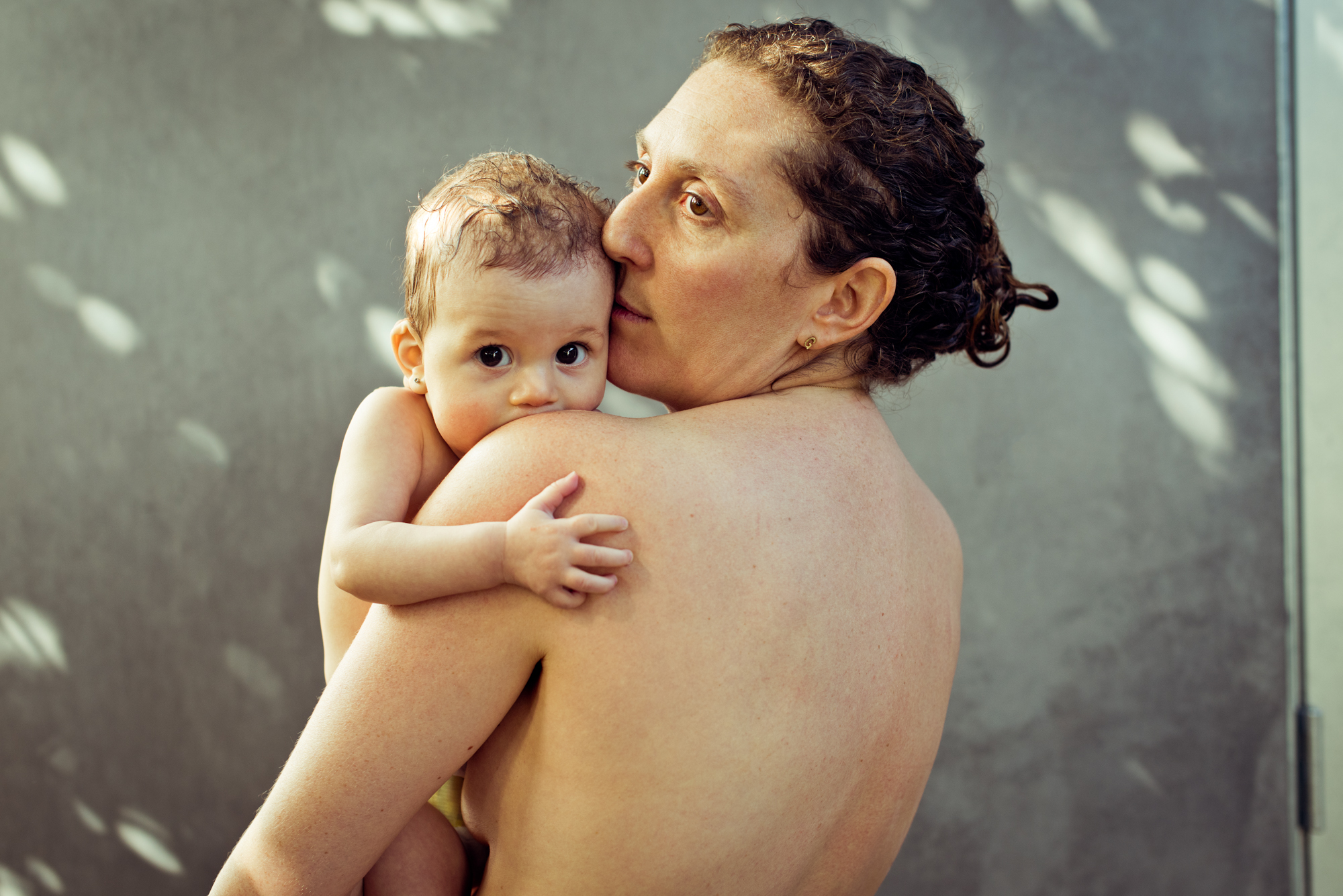
My mom is gay. But it took me a long time to say those words out loud.
She came out nearly 20 years ago when I was in high school. My parents soon separated, and eventually, she married her longtime partner in one of Massachusetts’ first legal unions. It was a raw and difficult time. I hardly spoke to her for a year while I studied abroad. It felt like a fact that needed to be hidden, especially among my prep-school classmates. The topic was taboo even within our otherwise tight-knit family. My younger siblings were dealing with the same emotions, but meaningful conversation eluded us.
Five years ago, at age 29, I embarked on a project to meet, photograph and interview people with similar stories. Despite living around the world, I had never encountered anyone else raised by a gay parent. When I mentioned the idea to my sister in San Francisco, she connected me with the non-profit group, COLAGE, the only national organization focused on supporting those with L.G.B.T.Q. parents.
Danielle Silber, who has six parents and who had become an organizer for the group, soon invited me to her East Village apartment one night. Her living room floor was filled with young people telling their own family’s “coming out” story. Since that night, I’ve documented the stories of dozens of children and met many more. Each portrait and interview has become, in an unexpected way, my own therapy session.
The Supreme Court ruled on June 26th, that the Constitution guarantees a right to same-sex marriage nationwide. In the past, when confronting this issue, the justices had pondered the impact on children.
In 2013, during oral arguments on same-sex marriage in California, Justice Anthony M. Kennedy asked: “The voice of those children is important in this case, don’t you think?”
The lawyer defending the ban, Charles J. Cooper, replied, “on that specific question, Your Honor, there simply is no data.”
The studies may be sparse, but the stories are plentiful. The Williams Institute estimates there are at least six million children with gay parents in the United States.
In my interviews, I met Ilana, whose mom unintentionally came out to everyone at her Sweet 16 party. And Zach, who found himself compelled to defend his two moms in front of the Iowa State Senate. And Kerry, who was raised as an evangelical Christian and who felt she needed to “save” her mom.
As we talked, we recalled having to juggle silence and isolation. Needing to defend our families on the playground, at church and during holiday gatherings. Some aspect of each story resonated with my experience and helped me chip away at my own sense of solitude.
While my experience was difficult, I am hopeful that won’t be the case for the next generation. This inequality will fade, and my future children will wonder what the fuss was about.